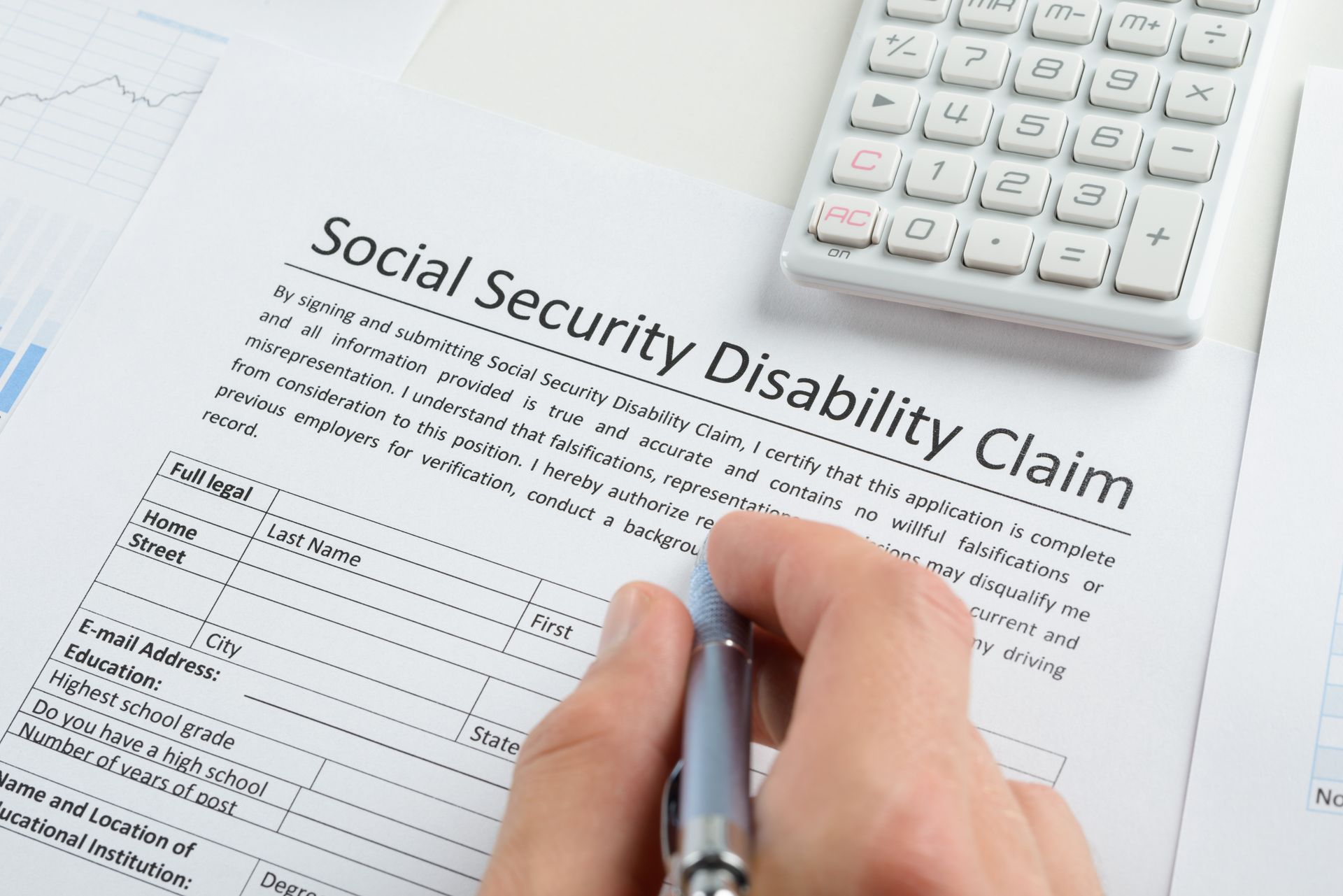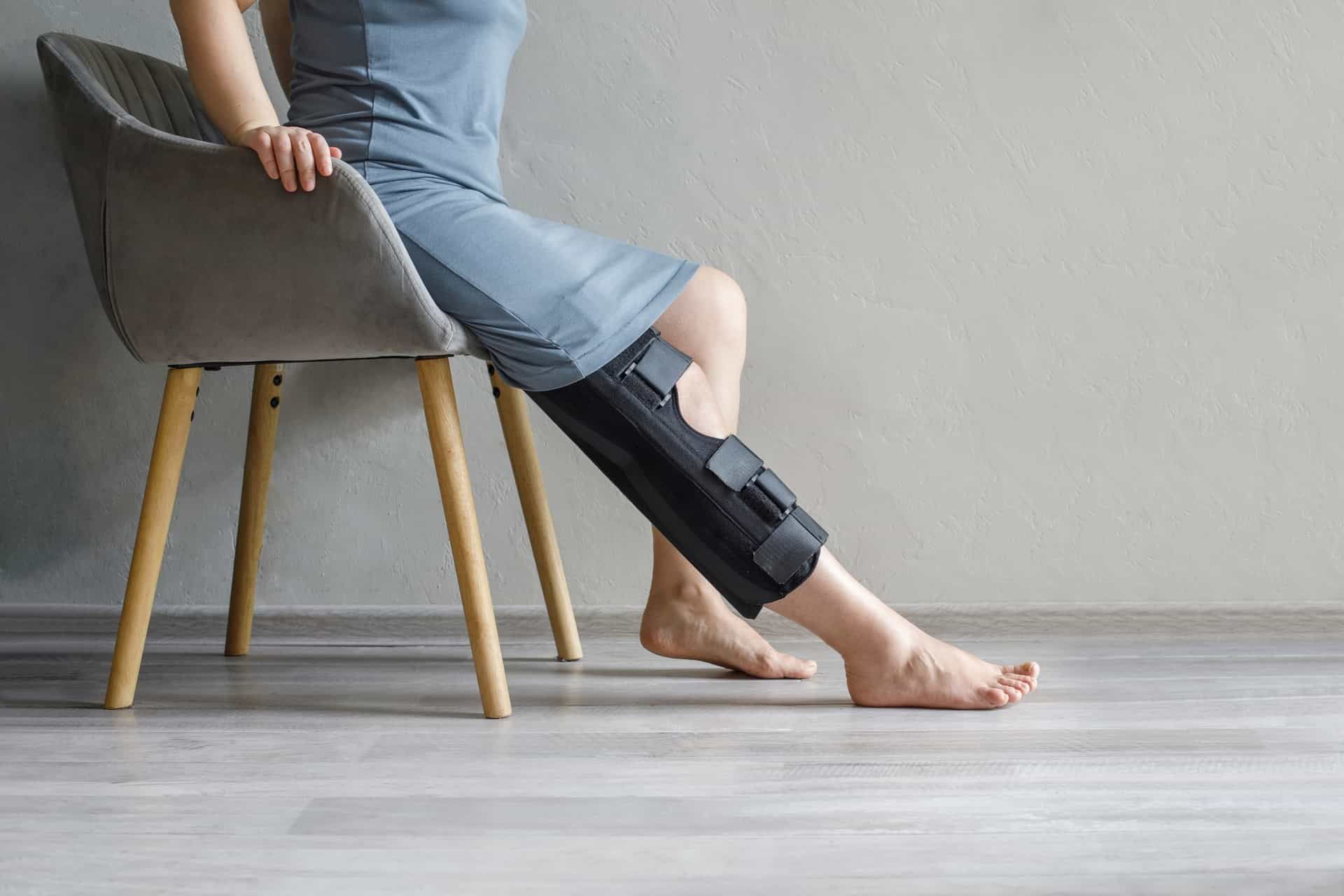Can I Get Disability After Workers' Comp Settlement?

Oftentimes, workplace injuries are so serious that they’ll put the worker out of commission for a significant amount of time. As you’re probably already aware, the workers’ compensation settlement simply may not be enough to cover all your expenses for the entirety of your recovery - something many injured workers need to deal with.
As such, you may wonder
“Can I get disability after workers’ comp settlement”?
Let’s see.
Receiving Disability Benefits After a Workers’ Comp Settlement
The answer to the question of “can I get disability after workers’ comp settlement” is a resounding yes. This also includes Social Security Administration (SSA) benefits.
You’ll have to prove you can’t return to work for at least a year due to your condition. However, considering you’ve already sought treatment during your workers’ comp claim, your existing medical records will make the process slightly easier.
Also, the previous workers' compensation settlement will affect the amount of disability benefits you receive. This is primarily because most programs limit payments for individuals who have other sources of income, including a workers' comp settlement (even as a lump sum). Depending on your circumstances, you may be able to apply for different types of disability programs.
1. SSA Disability Programs
The most common avenue for workers dealing with long-term disabilities are governmental programs, mainly the Supplemental Security Income (SSI) and Security Disability Insurance (SSDI). While SSI is the perfect option for those without a lengthy work history with income lower than $1k, the SSDI can pay up to $3,882 monthly to individuals who paid taxes for at least 10 full years.
2. VA Disability
If you served in the military, you may be able to file a claim with the U.S. Department of Veterans Affairs (VA). Keep in mind that the eligibility criteria are strict and you need to provide proof that your injury or condition is connected to your time of active service.
3. Private Disability Insurance
You may have purchased a long or short-term disability insurance policy, or you have access to it from your employer. In case any of these apply to you, you can file a claim to receive monthly payments accounting for 40% or 60% of your monthly paycheck.
4. State Disability Programs
Only Rhode Island, New Jersey, New York, Hawaii, and California offer state disability programs. There are some limitations to be aware of, though. All are short-term, lasting only upwards of a year. Plus, they may not cover the same types of conditions that regular workers’ compensation covers.
How a Workers’ Comp Settlement Will Affect Your Disability Payments?
As we already briefly mentioned, receiving a workers’ comp settlement may decrease the amount of SSDI benefits you receive each month. In most cases, the settlement amount will be substantial enough to disqualify you from receiving SSI benefits altogether.
No matter how unfair this may seem, you need to look at SSI requirements. Your monthly income must not exceed $1k, and you have to own less than $2k in property, assets, and savings. Thus, even an average workers’ comp monthly check will push you over the limit, while a lump sum settlement will push you over the asset threshold.
Similarly, your combined workers’ compensation payments and your SSDI benefits mustn’t exceed 80% of your pre-injury income. In other words, even if you’re entitled to receiving a larger benefits check, the amount of benefits will likely be decreased due to the fact you receive workers’ compensation.
A similar thing applies to lump sum settlements. If your workers’ comp contract includes information on how much your payments are worth per month, the math is relatively simple. For example, let’s say you received a lump sum payment of $520k to cover your injury-related expenses. This amount can also be presented as $1k per week for a period of 10 years.
If the contract doesn’t include rate information, the SSA will adjust your settlement to account for your life expectancy and its true value by subtracting the medical expenses and legal fees from the total amount. That way, they’ll know how many benefits to award you to keep you below the income threshold.
Do note it’s not just workers comp’ that will affect your SSDI benefit amounts. Short-term state disability, disability-based retirement benefits, or service disability benefits will also affect the amount you can receive each month.
The good news is that SSA won’t count private disability benefits, SSI, or VA disability toward the threshold.
How to Apply For Disability Benefits?
Hopefully, you’ve got the clarification for the question of “can I get disability after workers’ comp settlement” and know which benefits may be available for you. Now, the pressing issue at hand is how you can apply to federal programs.
Here’s the breakdown of the entire process:
- Check if your medical condition meets the eligibility criteria: eligible conditions must be diagnosed by a physician, last for at least a year or the rest of your life, and are extensive enough that you can’t return to work.
- Check if you meet income and asset requirements: SSI and SSDI have both technical and asset and income requirements. Check out the requirements for SSDI here and navigate here for SSI requirements.
- Gather the required documentation: along with medical records from your workers’ compensation claim, you should also gather full details of your work history or current income. You may also have to provide educational and financial records.
- Fill out the required form: to file an SSDI or SSI application, you have to correctly fill out the Form SSA-16.
- File the application and documentation: you can file online or in person at your local SSA office.
Your initial application may get rejected, but it’s no reason to give up. Hire an attorney who can represent you at a disability hearing in front of an administrative law judge.
Protect Your Future
While successfully locking down federal disability benefits isn’t easy, it’s more than worth it. Fortunately, you already have your medical evidence, and by hiring an attorney, you can exponentially increase your chances of a successful application.
Not only will this provide you with financial security, but it will also alleviate a lot of stress and uncertainty, allowing you to make your recovery in peace.
Note:
The information in this blog post is for reference only and not legal advice. As such, you should not make legal decisions based on the information in this blog post. Moreover, there is no lawyer-client relationship resulting from this blog post, nor should any such relationship be implied. If you need legal counsel, please consult a lawyer licensed to practice in your jurisdiction.
Disclaimer: The information on this website and blog is for general informational purposes only and is not professional advice. We make no guarantees of accuracy or completeness. We disclaim all liability for errors, omissions, or reliance on this content. Always consult a qualified professional for specific guidance.








